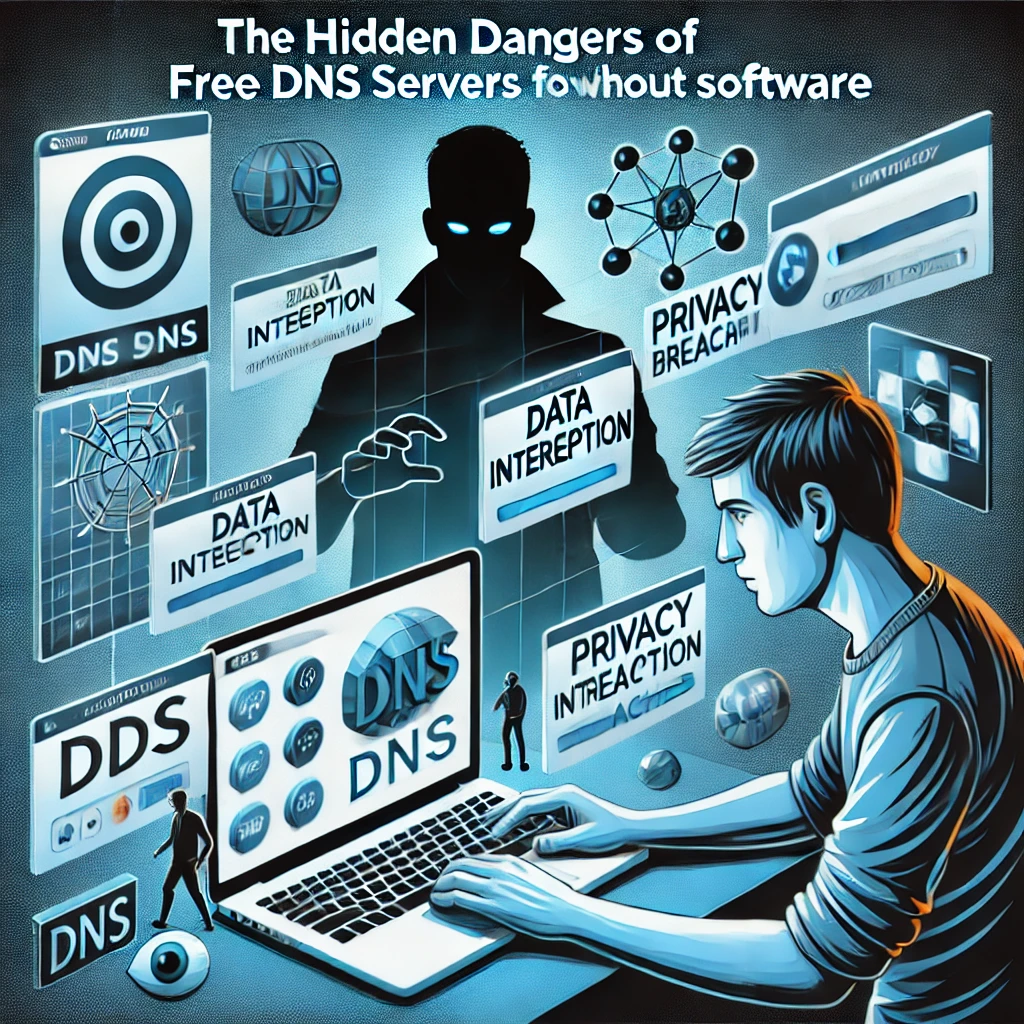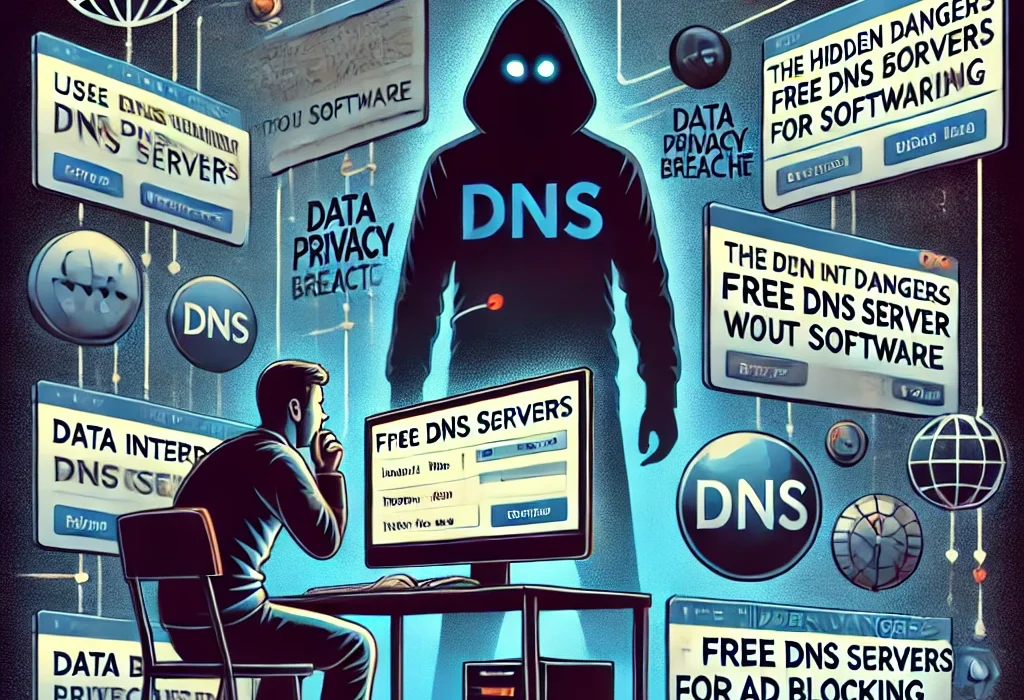In recent times, a growing number of videos and tutorials claim to offer a simple way to block ads by changing your DNS server settings, without the need for additional software. While this may sound appealing, it carries significant risks that users should be aware of. This article delves into the “cunning” behind free DNS servers and the potential dangers they pose.
What Are DNS Servers?
DNS (Domain Name System) servers translate domain names (like www.example.com) into IP addresses that computers use to identify each other on the network. They act as the internet’s phonebook, directing your web requests to the correct locations.
The Appeal of Free DNS Servers
Some DNS services advertise themselves as free solutions to block ads. By using these servers, users are promised an ad-free browsing experience without needing to install software or browser extensions. However, this seemingly harmless switch can open the door to several security and privacy issues.

The Risks Involved
- Privacy Concerns: When you use a free DNS server, the owner of that server can see all the websites you visit. This data can be logged, analyzed, and even sold to third parties without your consent, compromising your privacy.
- Data Interception: DNS requests are typically unencrypted. This means that a malicious DNS server owner can intercept and monitor your internet traffic. They can see which sites you visit and when, effectively spying on your online activities.
- Man-in-the-Middle Attacks: By controlling the DNS server, an attacker can perform man-in-the-middle attacks. They can redirect your requests to malicious websites designed to steal your data, install malware, or perform phishing attacks.
- False Sense of Security: Users might believe they are protected from ads and malicious sites, but in reality, they are exposing themselves to greater risks. Free DNS servers might not offer the robust security measures needed to protect against modern threats.
- Dependence on Untrusted Entities: Trusting an unknown or unverified DNS service means placing your digital safety in the hands of strangers. If the DNS provider has ulterior motives, they can exploit this trust for financial gain or malicious purposes.
Protecting Yourself
- Use Trusted DNS Providers: Opt for reputable DNS services known for their strong privacy policies and security measures, such as Google DNS, OpenDNS, or Cloudflare DNS.
- Employ DNS-over-HTTPS (DoH) or DNS-over-TLS (DoT): These protocols encrypt your DNS queries, making it harder for third parties to intercept and read your internet traffic.
- Ad Blocking Software: Consider using trusted ad-blocking software or browser extensions that provide better control and transparency over what is being blocked and how.
- Stay Informed: Be wary of too-good-to-be-true solutions and always research the services you intend to use. Understanding the implications of changing your DNS settings is crucial for maintaining online security.
Conclusion
While the idea of blocking ads via free DNS servers may seem convenient, it is essential to understand the hidden dangers associated with this practice. Privacy invasion, data interception, and increased vulnerability to attacks are significant risks that outweigh the benefits. Always prioritize your online security by using trusted DNS services and comprehensive ad-blocking solutions.

